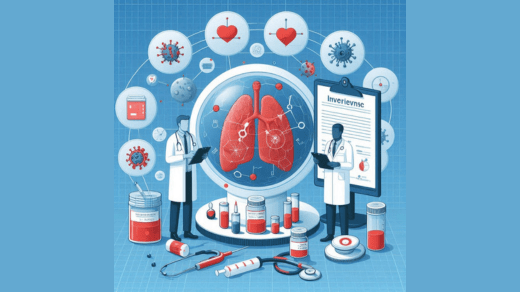Internists play a unique and crucial role in HIV/AIDS care. They offer comprehensive medical support, focusing on the whole person, not just the virus. During a Boynton Beach annual physical, internists can detect early signs, manage ongoing health issues, and adjust treatments. Their approach combines routine care with specialized knowledge, ensuring patients receive tailored support at every stage.
Comprehensive Care by Internists
Internists are trained to treat a wide range of health issues. This makes them ideal for managing the complex needs of someone living with HIV/AIDS. They assess overall health, monitor the effectiveness of medication, and address any complications that arise. This holistic care ensures that both the disease and its impact on the body are managed efficiently.
Early Detection and Routine Monitoring
Regular check-ups with an internist can lead to early detection of HIV. Early detection is crucial for starting treatment as soon as possible. This can prevent the virus from damaging the immune system. Internists perform routine tests that keep track of the virus’s activity. These tests help in adjusting medications and treatments as needed.
Managing Coexisting Conditions
Many individuals with HIV/AIDS also face other health challenges. Conditions such as diabetes, heart disease, and mental health issues are common. Internists have the expertise to manage these coexisting conditions. They coordinate care to ensure that treatments for these conditions do not interfere with HIV therapy.
Coordination with Specialists
Internists often work closely with specialists. This collaboration ensures comprehensive care for their patients. They coordinate with infectious disease specialists, cardiologists, and mental health professionals. This team approach helps in addressing all aspects of a patient’s health.
Education and Support
Internists provide education about the disease and treatment options. They help patients understand their condition and the importance of adherence to medication. This support empowers patients to take an active role in their health care. Internists also address any questions or concerns, providing reassurance and clarity.
Comparison of Internists and Infectious Disease Specialists
| Aspect | Internists | Infectious Disease Specialists |
| Scope of Practice | Broad, includes overall health management | Narrow, focused on infectious diseases |
| Role in HIV Care | Manages overall health, and coordination of care | Focuses on HIV-specific treatment |
| Patient Interaction | Regular check-ups and monitoring | Consultations as needed |
Access to Resources
Internists have access to a range of resources and guidelines. These resources help them provide the best care possible. For instance, the Centers for Disease Control and Prevention offers extensive information on managing HIV/AIDS. Internists can use these resources to stay informed about the latest treatment options and research.
Importance of Regular Visits
Regular visits to an internist are vital for maintaining health. These visits help in monitoring the effectiveness of treatments. They also allow for adjustments in care as needed. Regular monitoring can prevent complications and ensure the best possible outcomes for patients.
Conclusion
Internists play a key role in the care of individuals living with HIV/AIDS. Their comprehensive approach ensures that all aspects of a patient’s health are addressed. From early detection to managing coexisting conditions, internists are an essential part of the healthcare team. Their expertise and coordination with specialists ensure patients receive holistic and effective care.




